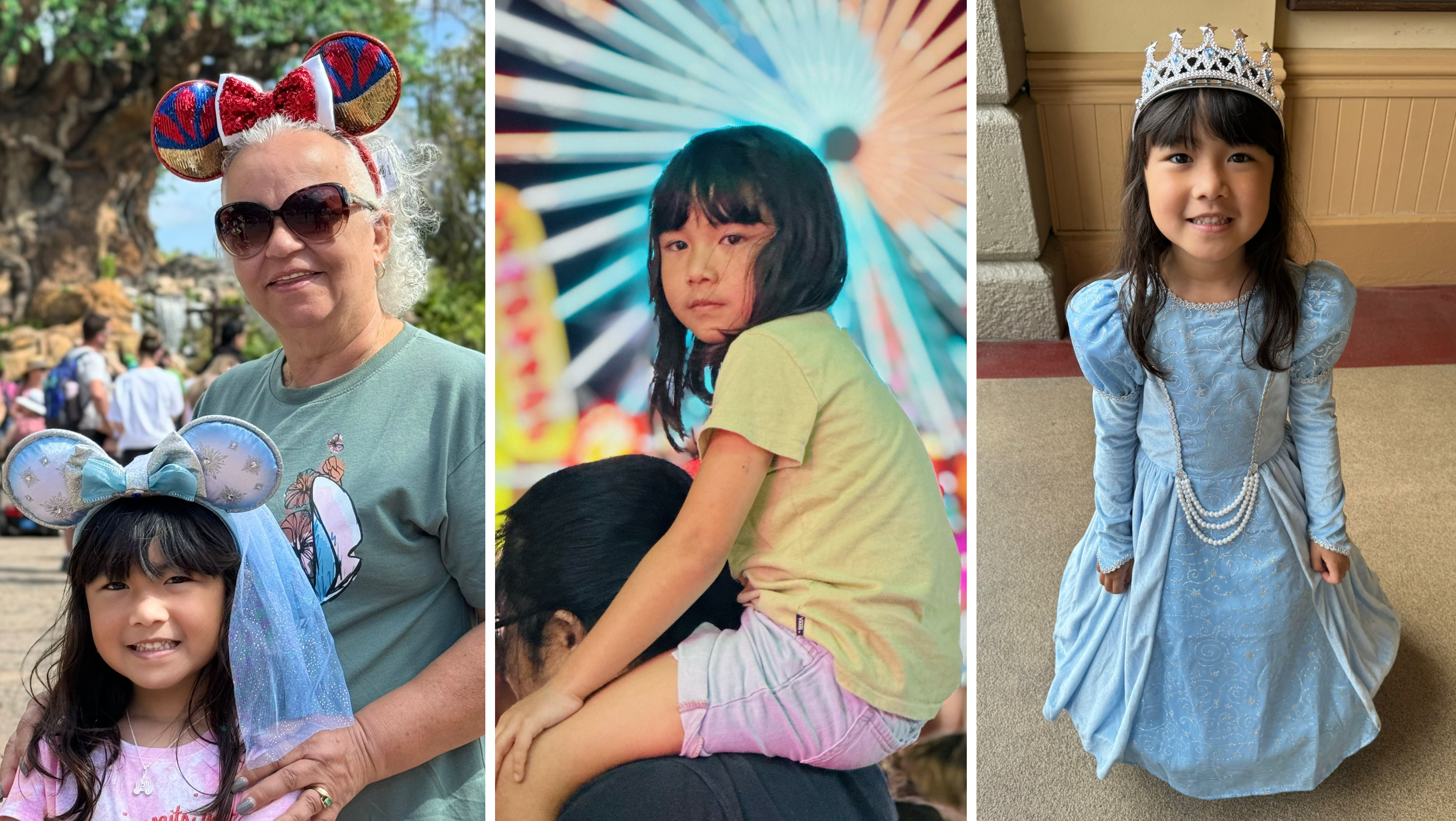As far as children's books go, "Vamos a Cuba" fits the bill. It's filled with fantasy, candy-coated rainbows and unrealistic good cheer.
The only problem is, it's meant to describe real life in Cuba.
On Monday, the Supreme Court decided to stay out of a dispute in Miami between school officials and civil libertarians over a book
about Cuba that depicts smiling children in communist uniforms, but avoids mention of problems in the country.
The justices on Monday rejected an appeal from the American Civil Liberties Union of Florida that sought to prevent Miami
officials from removing the book "Vamos a Cuba" and its English-language version, "A Visit to Cuba," from library shelves.
Free speech has its limits - and it's called lying, according to the Miami-Dade School Board.
"We were right and we prevailed,'' School Board member Perla Tabares Hantman told the Miami Herald. "This is a great victory for the School Board and for Cuban-Americans.''
The 2001 book by Alta Schreier contains images of smiling children wearing uniforms of Cuba's communist youth group and celebrating the country's 1959 revolution. In discussing daily life, the book says children work, study and play the same way children in other countries do.
Local
The book doesn't mention Fidel Castro or communism or military regimes and what children's book would, honestly.
The Miami-Dade County School District board wants to ban the book, intended for children ages 5 to 8, because it does not mention limits on civil liberties in Cuba, political indoctrination of public school children and food rationing among other issues.
Board members voted to remove the book after a parent who spent time as a political prisoner in Cuba complained.
Frank Bolanos, a former Miami-Dade school board chair who championed efforts to remove the book, said he was pleased.
"I support the author's right to publish the book as incomplete and defective as it may be," he said, "but we're simply not
required to pay for it with taxpayers dollars," he said, although the district already spent money to buy the book.
Bolanos said the case sets precedent for districts to back parents' rights in future cases. The ACLU disagreed.
"These books were removed under the guise of 'inaccuracies,' but the real reason they were removed was because the books ran
afoul of the political orthodoxy of a majority of the school board members," Florida director Howard Simon said in a statement.
"If that is to become the new standard for censoring books from public library shelves, the ACLU may be immersed in censorship battles for years to come."



